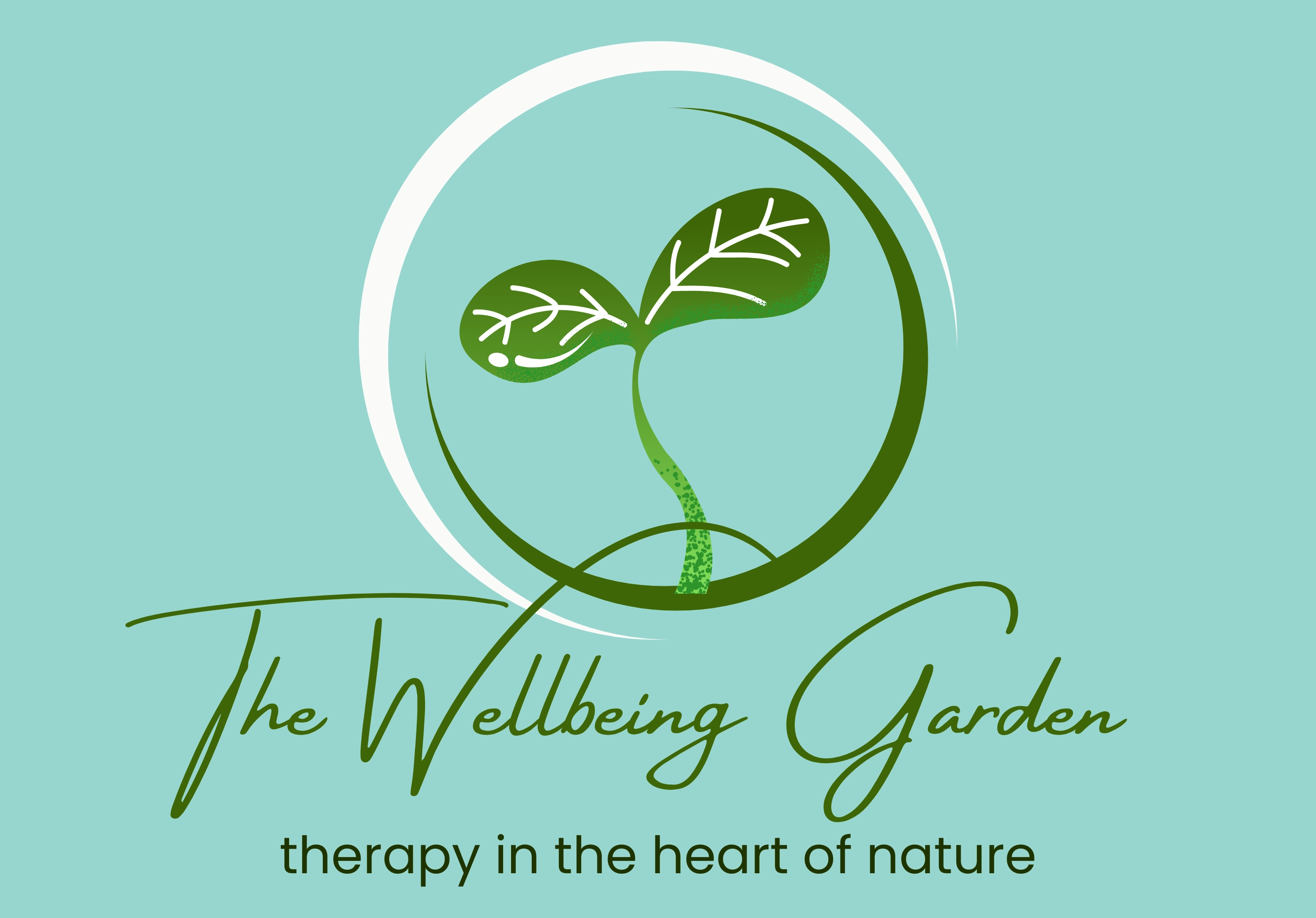Boundaries - barrier or bridge?
Healthy boundaries are about our own behaviour, not the behaviour of others.
Healthy boundaries are about controlling our own behaviours, thoughts, emotions and ideas, rather than telling another how to behave, think or feel. We simply tell them how a certain way upsets us and if they continue we will respond in a different way, a self-protective way.
As soon as you’re trying to convince someone to agree with you and submit to you, or to do something your way, you’re engaged in a power struggle and you risk losing connection.
Healthy boundaries are about staying in our own sphere of influence - the only things we can control and should try and control, are those in our immediate space - our emotions, our behaviours and our ideas.
If a problem is not of our making, it’s not ours to control or fix.
The ultimate purpose of a healthy boundary is to set meaningful limits on what we will and won’t put up with from other people. Healthy boundaries keep us safe, while also stopping us from enmeshing with, enabling and attempting to control others especially if their behaviour is difficult, or harmful.
What are the primary reasons to set and maintain healthy boundaries?
Healthy boundaries protect us from the misbehaviour of other people and healthy boundaries protect other people from our misbehaviour.
Healthy boundaries facilitate connection and safety.
If people choose to behave in ways that are safe for us, we can choose to let them in. If other people choose to behave in ways that are not safe for us, we can choose to keep them out.
The behaviour of others belongs to them.
The choice to interact with them, or not belongs to us.
For example, “If I feel unsafe when you are active in this behaviour or addiction, if I think you have been active in these ways, I will not let you in. Otherwise, I choose to enjoy your company and am happy to see you.”
Healthy boundaries seek to facilitate trust and safety. If we fail to set and uphold healthy boundaries we risk feeling used, and mistreated and may also lose relationship trust, vulnerability, emotional connection and intimacy.
To truly connect with ourselves and others, in an emotionally intimate way, we must have healthy interpersonal boundaries.
Written by Helen Marton, Clinical Lead, WBG.
If you or a loved one are struggling with sex, porn, addiction, or are struggling with setting or upholding healthy boundaries, reach out to us:
Em:
Mob: 07480 174498

